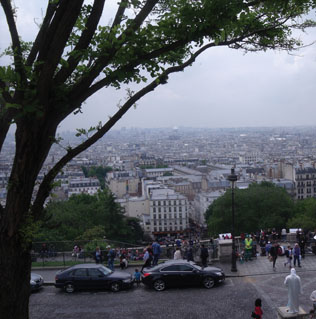Political tensions, discrimination and corruption among key triggers of civil unrest, which is significantly more disruptive to business in France than in any other western economy. That is according to a new global index released by risk consultancy Verisk Maplecroft, which rates France as ‘high risk’ alongside emerging markets such as Brazil and South Africa.
France’s deep-rooted culture of political protest and strikes has seen the country ranked 16th most at risk globally in the latest quarterly Civil Unrest Index (CUI) from Verisk Maplecroft. The ranking of 198 countries measures triggers for unrest: the frequency and severity of mass demonstrations and protests: the effects on business; and the mechanisms in place to avert disruption.
As companies assess the viability of relocating European headquarters from the UK following the Brexit referendum, the findings provide a useful insight into some of the structural problems facing business in France. The country features among emerging markets such as India (4th), Mexico (7th), Nigeria (10th), South Africa (13th), Argentina (15th) and Brazil (21st). The only other Western European country to feature in the worst performers was Greece ranked 25th, while Italy (77th) is the next highest.
According to Maplecroft, it is striking that Brazil, France, India, Mexico and South Africa, which have all seen disorder in the last year, lack adequate structures to avoid grievances escalating into wholesale protests. While France has an active civil society and trade unions, these tend to encourage demonstrations. In contrast, Germany (ranked equal 140th with the UK and ‘low risk’) has a more consensual political culture that supports co-operation between trade unions, industry and government, so protest is less likely to be an option of first resort in labour disputes.
In 2016 so far, France has experienced significant protests on a weekly basis, in comparison to Germany and the UK, where unrest that markedly disrupts business occurs on average every six months.
Principal Political Risk Analyst Charlotte Ingham says: “As we’ve seen in South Africa and Nigeria, poor economic performance is also a critical bellwether for the likelihood of civil unrest. In addition, widespread political and ethnic discrimination or corruption can inflame popular discontent and trigger significant events.”
In 2016, corruption has been the catalyst for the biggest protests, the consultants add. Brazil’s Lava Jato bribery probe brought the public out into the streets in their millions, causing disruption to business.
Visit https://maplecroft.com.
Pictured; view of Paris from Montmartre.










